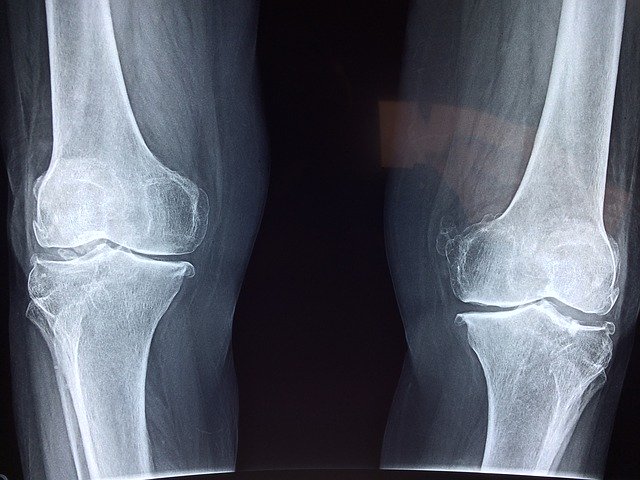Osteoarthritis (OA) is a degenerative joint disorder that affects a large proportion of adults. More precisely, approximately 22% of all adults and 49% of adults over the age of 65 years have at least one joint affected by OA. The condition is characterized by the progressive degradation of cartilage and bone, abnormal bone formation, systemic and local inflammation, and a lot of pain. A well-known risk factor for OA is obesity, where weight-bearing joints experience increased mechanical loads as a result of the excess weight. Interestingly, however, obese individuals are also at an elevated risk of OA in non-weight bearing joints. Researchers theorize that the risk of OA in obese individuals is mediated not through increased mechanical load, but rather through obesity-associated changes in their gut microbiome and inflammation.
A recent study in Nature Communications investigated the potential association between the gut microbiome, knee OA severity and pain, and obesity. More precisely, the authors obtained stool from 1427 participants of the Rotterdam Study (RSIII) and determined the microbiome as a proxy for the gut microbiome. 124 of the participants had radiographic knee OA, whereas 285 reported knee OA pain. The authors found an association between Streptococcus abundance and knee pain severity, independent of smoking, alcohol consumption, and obesity. Specifically, a greater abundance of Streptococcus was associated with higher pain severity. Furthermore, the authors showed that these effects were not confounded by oral medications, which have the potential to alter the gut microbiome.
To further validate their findings, the authors investigated whether the same association existed in an independent Dutch cohort of 867 participants (n = 197 with OA-related knee pain). Again, they found that Streptococcus abundance was associated with knee pain severity. They also analyzed knee MRI data available for a subset of the Rotterdam Study cohort to assess inflammation. Interestingly, they found that pain scores and Streptococcus abundance were associated with knee inflammation. This data suggests that perhaps the association between Streptococcus with knee pain severity may be at least partly mediated by local knee inflammation. Further studies are necessary to establish the causality of this association. Nonetheless, the current findings suggest that changes in the gut microbiome and inflammation may contribute to osteoarthritis pain.
Written by Haisam Shah
Reference: Boer, C. G., Radjabzadeh, D., Medina-Gomez, C., Garmaeva, S., Schiphof, D., Arp, P., … & Bierma-Zeinstra, S. (2019). Intestinal microbiome composition and its relation to joint pain and inflammation. Nature communications, 10(1), 1-9.
Image by Dr. Manuel González Reyes from Pixabay



